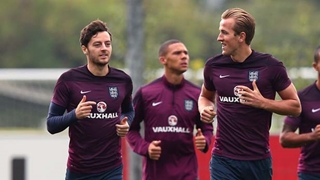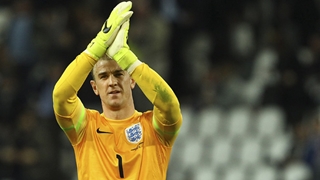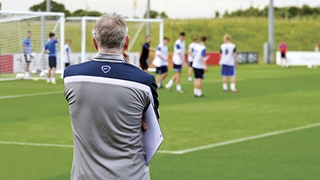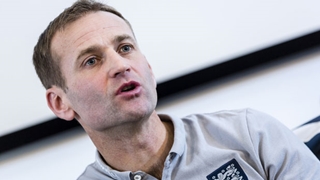
Wrestling with sticks, dodge ball and handstands are probably not the first activities you would expect to see in the coaching syllabus of a professional academy.
However, for Sheffield United and their academy manager Nick Cox, a child-centred approach to development is crucial to their work with young players aged 5-11.
“What we’ve tried to do is devise a movement skills programme, which is multi-sports and play-like and creative,” explained Cox, who joined the League One club three years ago after a 12 year spell at Watford where he was academy manager.
“We encourage playground activities like wrestling, play fighting and chasing. It is built around everything that helps kids learn how to use their body. It doesn’t look like a sports science programme, it looks like play,” said Cox.
‘Play’ is a recurring theme in the South Yorkshire club’s methodology. The Blades’ academy manager is acutely aware of the negative impact too much adult influence may have on the youngest children in the club’s care.
“I sometimes think that at the youngest ages being in an academy environment is a disadvantage rather than an advantage. In an academy a lot of your childhood is dominated by coach–led activity and you do things on the coaches’ terms,” said Cox.
With academies increasing their contact time with players and day release programmes becoming more common at the foundation phase, Cox feels that coaching activity should offer variety and a wide range of experiences of the game.
“Left alone, the players might have been messing about with the game, experimenting with the game and playing with their mates to get a real variety of experiences. I think kids need variety,” added Cox.
In response, United have developed an innovative coaching programme including street-football type sessions in the club car park and a whole host of trips and tournaments aimed at helping players develop their psychological and social skills.
Serving up age-appropriate content is key. Decisions on the academy syllabus are based around the questions: “What cannot wait? What has to happen now?”
“At the start of the journey we looked at what are all the things you might need to know as a footballer by the age of 21 and then ask what cannot wait at certain ages, what has to happen now?,” explains Cox.
“If we miss a window of opportunity at a certain age, we could be in big trouble later along the journey – for example at age 9, things like ball mastery and physical literacy need to happen. We can’t pump that into kids at 16, so we better deal with that now.”
Creating a seamless and co-ordinated journey for the development of young players is the theme of this weekend’s FA national coaching conference, England DNA: Connecting the game, held at St George’s Park, where The FA have launched their own age-phase priorities to help guide coaches in their work with young players.
The event which will see over 500 coaches from all levels of the game attend practical and theory workshops to learn more about the importance of linking the stages of a player's journey and the need for specialist coaches for different ages and stages of a player's development.
Cox agrees: “For a player joining the academy at U8 or U9, it is a 12-year journey to become a senior player and each group of coaches have the responsibility to add the layer that they need to add at a particular age group.”
“It should be a consistent and seamless journey – not a big jump like it is from primary to secondary school – instead we want move them slowly towards the end goal rather than abrupt jumps from one environment to another,” he added.
Cox is quick to acknowledge that different coaching skills and characteristics are needed along the journey. He admits that the start-point is one of the most difficult tasks.
“Coaches at the foundation phase absolutely have to understand the game in the same way as the U18s coach has to understand the game.
“But you’ve actually got a harder job because you’ve got to unravel the game and hand it to the kids in a 9 year-old version, which is really difficult thing to do. Personality is one of the biggest ingredients for coaches at that age,” explained Cox.
He added: “Every time the kids walk through the door, can you be inspirational and can you enthuse and ignite a passion for learning and football and send the boys off loving the game?”
Read the full feature on Sheffield United’s academy programme in December’s issue of The Boot Room, The FA Coaching magazine, which also features the development journeys of England internationals Jess Clarke and Joe Hart.
The FA National Coaching conference, England DNA: Connecting the game, is being held at St George’s Parkthis weekend and ends on Monday 7 December.
For updates follow @StGeorgesPark










